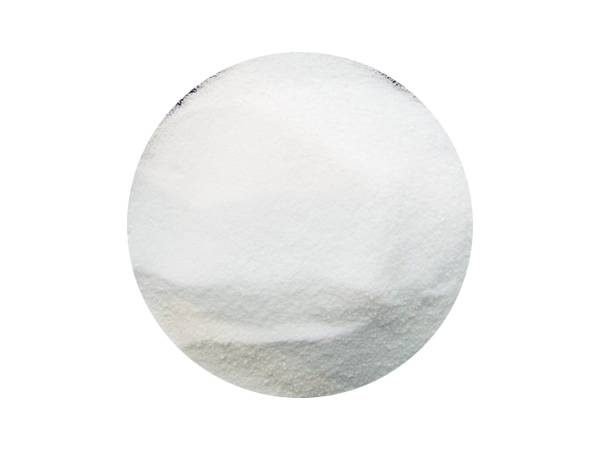



ro water treatment chemicals
The Importance of RO Water Treatment Chemicals
Reverse osmosis (RO) has become a vital technology in water treatment, purifying water for various applications, ranging from drinking water production to industrial processes. As water scarcity continues to challenge global communities, the demand for effective water treatment solutions has surged. Key to optimizing the performance of RO systems are specialized chemicals that enhance the process, ensure equipment longevity, and maintain water quality. This article will explore the importance of RO water treatment chemicals, their types, and their roles in the overall purification process.
Understanding Reverse Osmosis
Reverse osmosis is a filtration process that removes impurities from water by pushing it through a semipermeable membrane. This technology is effective in eliminating salts, organic compounds, and various contaminants, making it suitable for desalination and purifying potable water. However, the efficiency of RO systems heavily relies on the use of treatment chemicals that assist in preventing fouling, scaling, and microbial growth.
Types of RO Water Treatment Chemicals
1. Antiscalants One of the most critical challenges in RO systems is scaling due to the precipitation of inorganic salts, such as calcium carbonate and gypsum. Antiscalants are chemicals introduced into the feed water to inhibit the formation and deposition of these salts on the membrane surface. By doing so, they improve the system's efficiency, reduce maintenance costs, and prolong membrane life.
2. Biocides Microbial growth can significantly affect the performance of RO systems, leading to biofouling, which decreases permeate flow and increases pressure requirements. Biocides are chemicals used to control bacterial and algal growth in the feed water. Common biocides include chlorine, bromine, and various non-oxidizing agents. The selection of appropriate biocides is crucial to balance effectiveness and membrane compatibility.
3. pH Adjusters Maintaining the appropriate pH level in the feed water is essential for optimal RO performance. Adjusting the pH can enhance the solubility of certain salts, thereby minimizing scaling. Chemicals such as sulfuric acid or sodium hydroxide are commonly used to control pH levels in RO systems, ensuring the efficiency of antiscalants and overall system performance.
4. Cleaning Agents Over time, membranes can accumulate organic and inorganic fouling, necessitating cleaning to restore performance. Specialized cleaning agents, which can include acidic and alkaline solutions, are used periodically to remove accumulated contaminants. The choice of cleaning agent depends on the specific fouling agent and the membrane material, emphasizing the importance of proper maintenance.
ro water treatment chemicals

The Role of RO Water Treatment Chemicals
The role of RO water treatment chemicals extends beyond mere maintenance; they are integral to the system's efficiency, effectiveness, and overall cost-effectiveness
. By preventing fouling and scaling, these chemicals help in- Enhancing Water Production By maintaining clear membranes free from fouling and scaling, RO systems produce water more effectively. This is particularly important in high-demand scenarios, such as municipal water supply and industrial processes.
- Prolonging Equipment Life Chemical treatments reduce wear and tear on RO membranes and associated equipment, minimizing the frequency and cost of replacements. This prolongation of equipment life contributes to lower operational costs.
- Improving Water Quality The use of treatment chemicals results in higher quality permeate, essential for meeting health standards and regulatory requirements. This is particularly relevant in applications such as food and beverage manufacturing, where water quality is paramount.
- Reducing Environmental Impact Effective use of RO water treatment chemicals minimizes waste and energy consumption by enhancing system efficiency. This, in turn, helps in achieving more sustainable water management practices.
Conclusion
In conclusion, RO water treatment chemicals play a crucial role in the success of reverse osmosis systems, addressing challenges such as scaling, fouling, and microbial contamination. As the demand for clean water rises globally, the importance of these chemicals cannot be overstated— they ensure the efficiency, safety, and sustainability of water treatment processes. Embracing advancements in chemical formulations and treatment strategies will be essential for the future of water purification technology, paving the way for a more sustainable and resilient water supply.
-
Why Sodium Persulfate Is Everywhere NowNewsJul.07,2025
-
Why Polyacrylamide Is in High DemandNewsJul.07,2025
-
Understanding Paint Chemicals and Their ApplicationsNewsJul.07,2025
-
Smart Use Of Mining ChemicalsNewsJul.07,2025
-
Practical Uses of Potassium MonopersulfateNewsJul.07,2025
-
Agrochemicals In Real FarmingNewsJul.07,2025
-
Sodium Chlorite Hot UsesNewsJul.01,2025










